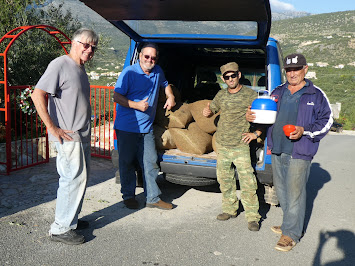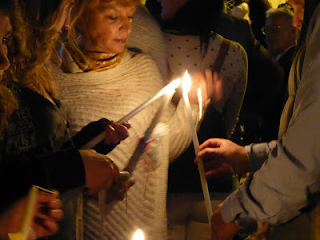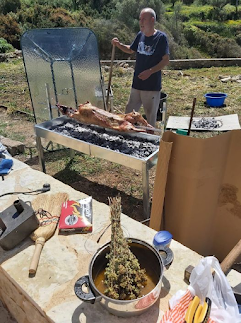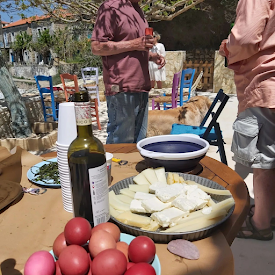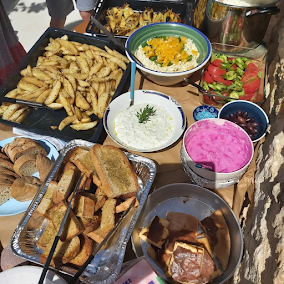In love, that is, with a small hotel and the island on which it was built.
 |
| Sunrise on the Aegean Sea |
The sun was peeking over the horizon as the ferry approached Kos, a Greek island only a stone's throw from Turkey. It wasn't yet 7 a.m. and we'd set off from Athens some 12 hours before. From the deck we spotted the little charmer that had brought us here: the Albergo Gelsomino.
 |
| Albergo Gelsomino sits on the waterfront of Kos Town |
The first time we laid eyes on this waterfront was a year ago from another ferry's deck. That ferry, heading to Athens, made a brief stop here in the late evening when darkness made everything look a bit enchanting. It seemed that the waterfront was shared by the remains of an ancient castle, a more modern-looking castle, a church and an architecturally interesting building tucked in between them all.
It was enough to put it on our 'future's list' and to do some research. We might even need to return to see if it was as charming as it had appeared during that brief stop.
 |
| Albergo Gelsomino as seen from the sea |
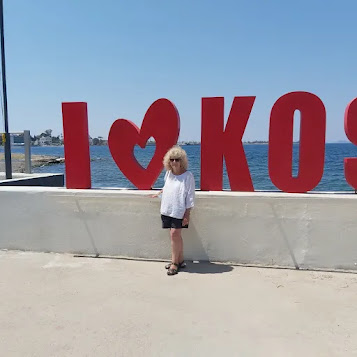 |
| They need a sign reading, We love Kos. |
Little did we know that when we returned to Kos that we'd have a downright love affair with that small building and the island on which it was built.
Admittedly we've been to many wonderful Greek islands during our decade of travel in Greece, our adopted country. Each has charmed us. But it took less than a couple hours on the island of Kos, to send it to the top of our favorites list and there it has stayed. . .so much so, that we are returning to there to celebrate our upcoming anniversary.
The Albergo Gelsomino
Built in 1928 by the Italian architect Rodolfo Petracco it was originally a guest house for Italian officials. Kos, like most in the Dodecanese chain, has a lengthy history of conquest and occupation. The island belonged to Italy from 1912 until 1945.
 |
| Entry and reception area at Albergo Gelsomino |
A restoration project some 90 years later and the Albergo opened as a small hotel on Kos Town's beach. Its waterfront location is an easy walk into Kos Town's historic area and to the ferry dock. It overlooks the Aegean Sea.
 |
| Welcome drink at the Albergo |
We arrived looking rather disheveled after disembarking the overnight ferry shortly before 7 a.m. Not quite the elegant entrance one might want to make, but staff members made us welcome by inviting us to enjoy the plush patio area. A welcome drink (fresh fruit juices and cherry soda, that tasted as good as it looked) was sipped while they readied our room.
 |
| Albergo Gelsomino - Kos Island |
My photos don't do justice to the hotel and its setting. We were in complete sensor overload. No place has so drenched us in 'Mediterranean ambiance' while offering a dash of Great Gatsby-era nostalgia. We were reminded of the words of a well- traveled and wise friend who once told us that 'the more you travel, the more it takes to impress you'. We often quote her when something falls short of our expectations, as well as when something 'knocks our socks off', as was the case with the Albergo Gelsomino.
 |
| An easy walk to and from the ferry |
While singing the praises of the Albergo, I'd be remiss to not mention the food. Our room rate included breakfast. Each day began with a feast. So good was the breakfast that we tried dinner. Dinner was such a culinary joy that we ate there two of our three nights (we made ourselves try some place else one night). They often offer Michelin-starred guest chef dinners here, but frankly their own chef was so good, it felt like a Michelin-starred experience.
 |
| Honey-drenched French toast |
Kos Island
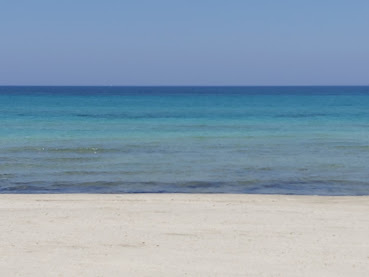 |
| A beach - like so many on Kos - is white-sand perfect. |
 |
| Morning view from our room at the Albergo |




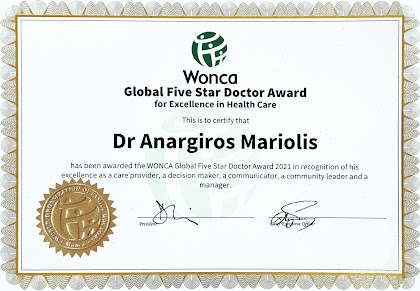







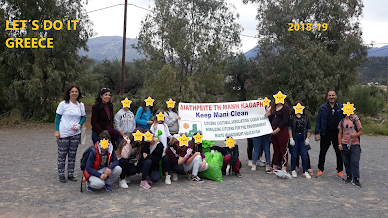





.png)







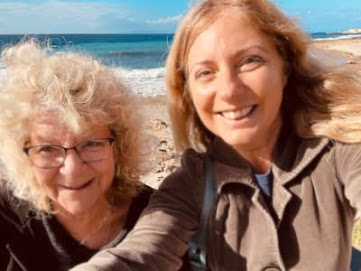
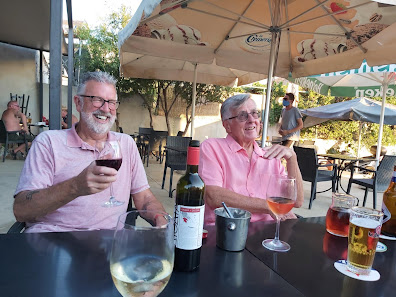
.JPG)



